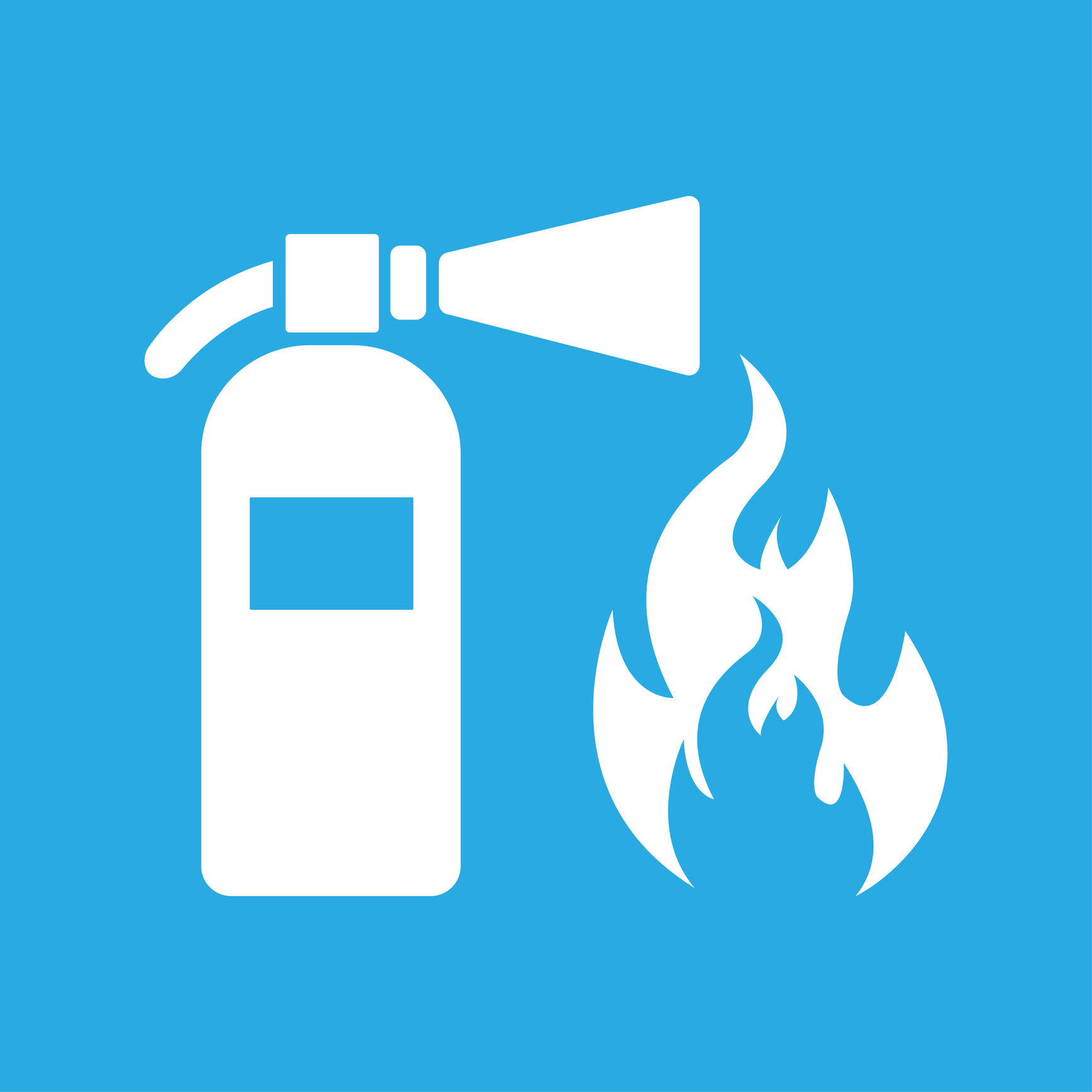When a business fails, the damage can be deep and wide. Customers, vendors, partners, employees and even competitors all suffer. Often the implosion of a business is a drawn out tragedy with a messy aftermath. Rarely is a business’s demise quick and painless. The good news: failure leaves clues.
“It’s difficult to make predictions, especially about the future.” –Yogi Berra
Businesses and industries fail for a multitude of reasons. Bad management, too much risk, lack of information or a changing world have caused some of the best businesses to fail. Business failure is a process, not an event. The bigger the business, the longer the process. For instance, it was two years from groundbreaking to bankruptcy for Solyndra. In that interim period of time there was a lot of positive news: $500M government loan, rising sales, and even an IPO filing. But, I bet, if you were in Solyndra’s ecosystem of customers, vendors and partners, there were a lot of clues. If these clues were communicated in a way that was available, a lot of the damage in Solyndra’s wake could have been minimized.
“Live in such a way that you would not be ashamed to sell your parrot to the town gossip.“ –Will Rogers
As we discussed in a prior post, our business peers may have the best clues. A company is more than its payment history and its interactions with all players is key in assessing the reputation of a given company. These business peers make up what we called a “smart crowd,” and by monitoring peer generated quality trends, we can get a view into future performance and hopefully the viability of a company over the long and short term.
As a company begins to fail several things happen before the reaper shows up. Quality starts to slip, key team members move on, payment history slides etc. Individually, these events may seem normal in the course of business but cumulatively, they could be a big red flag.
At Trust Exchange, we have created an open, peer to peer rating system where businesses can rate each other from their perspective as a customer, vendor or partner. This should increase the value of an individual rating and enable businesses to more accurately manage their risk when making decisions.
If you’re interested in learning more about how Trust Exchange can help you reduce your enterprise risk, you can contact us.

